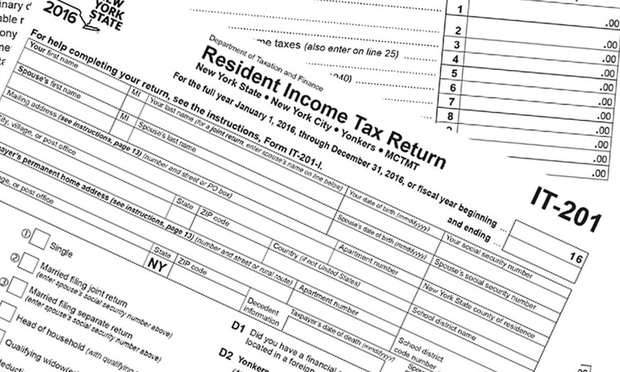For many years, high net-worth taxpayers have been leaving New York and other high-tax Northeast states for low-tax states, primarily Florida. This exodus from New York and comparable states like California, Illinois and New Jersey has only accelerated starting in tax year 2018, after Congress changed the tax law to cap the annual deductions for state and local taxes paid at $10,000 for individuals. Moreover, the price of government is continuing to rise among high income earners as states consider a millionaire tax to close budget deficits. (States with no income tax: Alaska, Florida, Nevada, South Dakota, Tennessee, Texas, Washington, and Wyoming. A state with almost no income tax is New Hampshire.)
Asset manager Alliance Bernstein started its departure from New York to Nashville, Tenn. at the end of 2018. President and CEO Seth Bernstein in a press conference noted that moving the corporate headquarters will offer employees lower living expenses and housing costs, shorter commute time and of course no state income taxes on earnings (as compared to a New York state and city income tax rate of 13 percent and an estate tax rate of 16 percent).
Even former President Donald Trump tweeted last October 2019 that New York “will always have a special place in my heart” as he announced his relocation to Florida. Additionally, Elon Musk announced at the Wall Street Journal CEO Council Summit on Dec. 8, 2020, goodbye California (13.3% maximum personal income tax rate bracket), hello Texas (no income tax).
In New York State, like most states, a resident taxpayer is responsible for reporting and paying New York state personal income tax on income from all sources regardless of where the income is generated or the nature of the income. A nonresident taxpayer is given the opportunity to allocate income, reporting to New York state only that income actually generated in New York. In addition, the nonresident need only report to New York income from intangibles which are attributable to a business, trade or profession carried on in the state, not investment income. Thus, significant benefits may be derived from filing as a nonresident.







